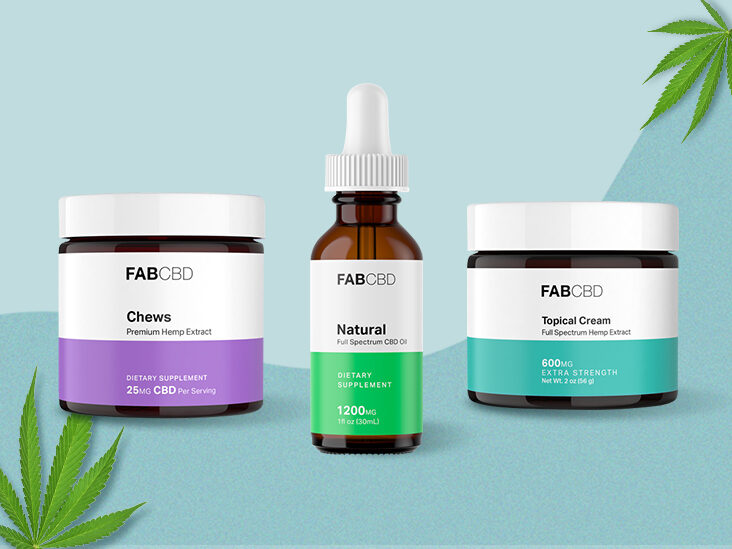Hemp is a cultivar of the cannabis Sativa plant, which is also known as marijuana. The primary distinction between hemp and other strains of cannabis, such as marijuana, is that hemp has far less THC.
This is due to the fact that hemp does not produce any psychotropic effects, such as the sensation of euphoria. As a result, it is packed in tincture bottle packaging and utilized for quite different reasons than recreational or even medicinal marijuana.
The two most important motivations for hemp farming are to generate the following products:
- Industrial hemp
- Hemp as a food product
Industrial Hemp
Industrial hemp refers to hemp plants that are significant for their fiber and stock. They help to create a broad range of commercial and industrial items. This includes the following:
- Rope: Twine, climbing rope, sailing ropes, and jewelry are all examples of materials that fall into this category.
- Plastics: Bottled water, plastics used in the construction of automobiles and boats
- Paper: Paper for art, paper for printing
- Construction materials: Roofing, flooring, plaster, particleboard, biodegradable plastics, paint, and insulation are all examples of building materials.
- Biofuel
- Accessories including sunglasses, backpacks, wallets, tote bags, pencils, laundry detergent, and furniture are all available.
- Cosmetics and toiletries
- Body lotions, lip balms, shampoo and conditioner, body wash, soap, cleansers, and sunscreen are all examples of personal care products.
- Production of automobiles
- Production of garments and textiles.
- Hemp fiber is quite popular in the production of textiles and the production of clothing
- Various components of the automotive manufacturing process, such as the dashboard, body shaping, and interior upholstery
- Animal-related goods: Bedding, collars, and leashes for dogs are all available.
Hemp As a Textile Product
Hemp fiber is important in creating a wide range of apparel and other textile products. Additionally, they are packaged in CBD boxes for apparel. Some of these textile products include the following:
- Jeans
- Shirts
- Shoes
- Coats
- Yoga pants
- Hats
- Socks
- Flip flops
- Belts
- Sheets
- Towels
- Curtains
- Tablecloths
- Blankets
Hemp as a culinary ingredient
Hemp is also grown for its potential application in culinary goods. Most typically, the seeds and oil act as a supplement in meals. Therefore, consider them to be very helpful to one’s health.
Hemp seeds are a good nutritional source of Omega fatty acids and protein. Hence, they often complement other meals such as morning cereal and smoothies, among others.
Hemp seed oils are a great nutritional source of Omega fatty acids. Therefore, we often utilize them in salad dressings, bread, baked products, and other applications. There are a variety of other culinary items created from hemp seeds and hemp seed oil. These include:
- Hemp protein powders
- Dietary supplements
- Hemp milk
- Energy bars
- Hemp oil
- Burgers made entirely of vegetables
- Granola
- Hemp flour
- Dipping sauces and dressings
- Hemp tea, coffee, beer, and other hemp-infused beverages
Hemp oil has a variety of applications, not simply in food. Aromatherapy candles, massage oils, and bath oils, among other things, include this essential oil since it is therapeutic. They are packaged in specialized best Vape packaging boxes.
Some individuals use it to address certain medical ailments, such as those listed below:
- Disturbances of sleep
- Pain that is persistent
- Alzheimer’s disease
- Inflammatory and autoimmune disorders
Other applications for hemp that are not as common as they should include the following:
Cleanup of the Soil
Hemp has the potential to be a natural soil replenishment and purification solution. Traditionally grown crops (such as maize and wheat) deplete the soil’s nutritional content, leading it to dry up and deteriorate as a result.
The deep roots of hemp contribute to the stabilization of the soil structure. In addition, since hemp plants grow swiftly (from 180-500 cm tall in only 110 days), they produce natural shade, which eliminates weeds and helps to keep the environment clean.
The use of herbicides, which are both expensive and hazardous, is no longer necessary. Moreover, hemp aggressively absorbs heavy-metal pollutants from soil, allowing the soil to be progressively purified. Besides, this works for any polluted soil.
Bioremediation in the Cleaning of Oil Spills
The Center of hemp may act as a transporter for microorganisms for the purpose of bioremediation. Moreover, bioremediation is the process by which certain microorganisms, such as those found in hemp, break down oil by feeding on it.
Once digested, the resultant compounds may be released back into the environment without contaminating it with toxic substances.

